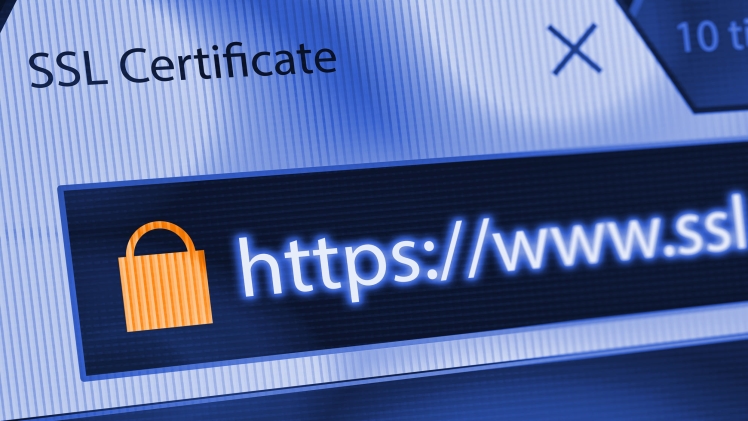Cybersecurity threats are on the rise, with hackers exploiting the increase in remote work during the COVID-19 pandemic to find gaps in companies’ network security.
With more businesses adopting e-commerce and collecting customer information online, the use of secure sockets layer (SSL) digital security is becoming more important and more vulnerable to exploitation. There was a 260% increase in SSL attacks during a nine-month period in 2020, research shows.
What are SSL attacks and how can you protect your business?
What Are SSL Attacks?
SSL and transport layer security (TLS) are encryption protocols that corporate IT networks use to secure their Internet communications.
Websites can install an SSL/TLS certificate to use the hypertext transfer protocol secure (HTTPS) communications protocol. This enables them to make secure connections to the server.
But these protocols secure all data on the network, including malicious data. SSL/TLS attacks exploit this by bombarding the server with worthless data to disrupt legitimate connections or attacking the SSL/TLS protocol. These are known as denial of service (DDOS) attacks.
DDOS attacks are a serious threat as a single device can disrupt an entire web application.
How Can You Prevent SSL Attacks?
There are several ways you can protect your organization’s network from SSL attacks. The key is to use many layers of security to prevent attacks from breaking through. Here’s how.
Identify Gaps in Security
You should find any gaps in your website security, such as expired or missing SSL certificates. There are certificate management tools that can help to keep them up to date.
Ensure your hosting provider uses a variety of features to keep websites on its platform secure and limit HTTPS attacks. You can also use cloud public key infrastructure (PKI) services for extra management and protection.
Use Virtual Private Networks
Virtual Private Networks (VPNs) provide an extra layer of security. They create a secure tunnel between the user and the network, so all data is encrypted when the user views an HTTP website. This can prevent hackers from intercepting data transfers.
Use Multiple Detection Levels
Setting limits on the number of simultaneous connections and the frequency of new connections is key to preventing DDOS attacks. This is also key for Application Programming Interface (API) protection.
Use tools to track connections and analyze website traffic. These can identify infected hosts and spoofed Internet addresses. You can also check for known attack signatures, IP locations, and bot traffic. In order to keep your website safe from external attacks, it is recommended to choose the best web hosting services.
Use Multiple Defense Layers
There are different types of protection you can use at each layer to limit SSL attacks, including packet-based, behavioral, and header-based. You can use blacklists and whitelists to control server access.
Using hosted services like Anycast Hosting provides an extra layer of protection, as devices are hidden behind their network, preventing direct DDOS attacks.
The more levels of mitigation you use, the less likely attacks will be able to breach your security.
Protect Your Business From DDOS Attacks
Defending your business from SSL attacks is more important than ever. It is critical to identify and address gaps in your security and use many methods of detection and prevention. Hosted and cloud services can help provide extra defense.
If you found this article useful, check out the business and technology sections of our website.
Read more about Choosing Choice Home Warranty

